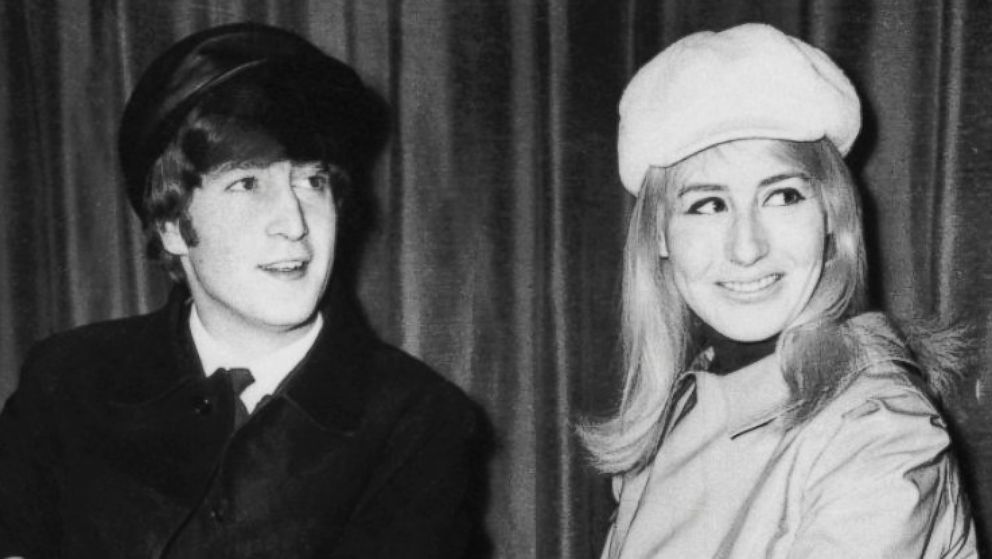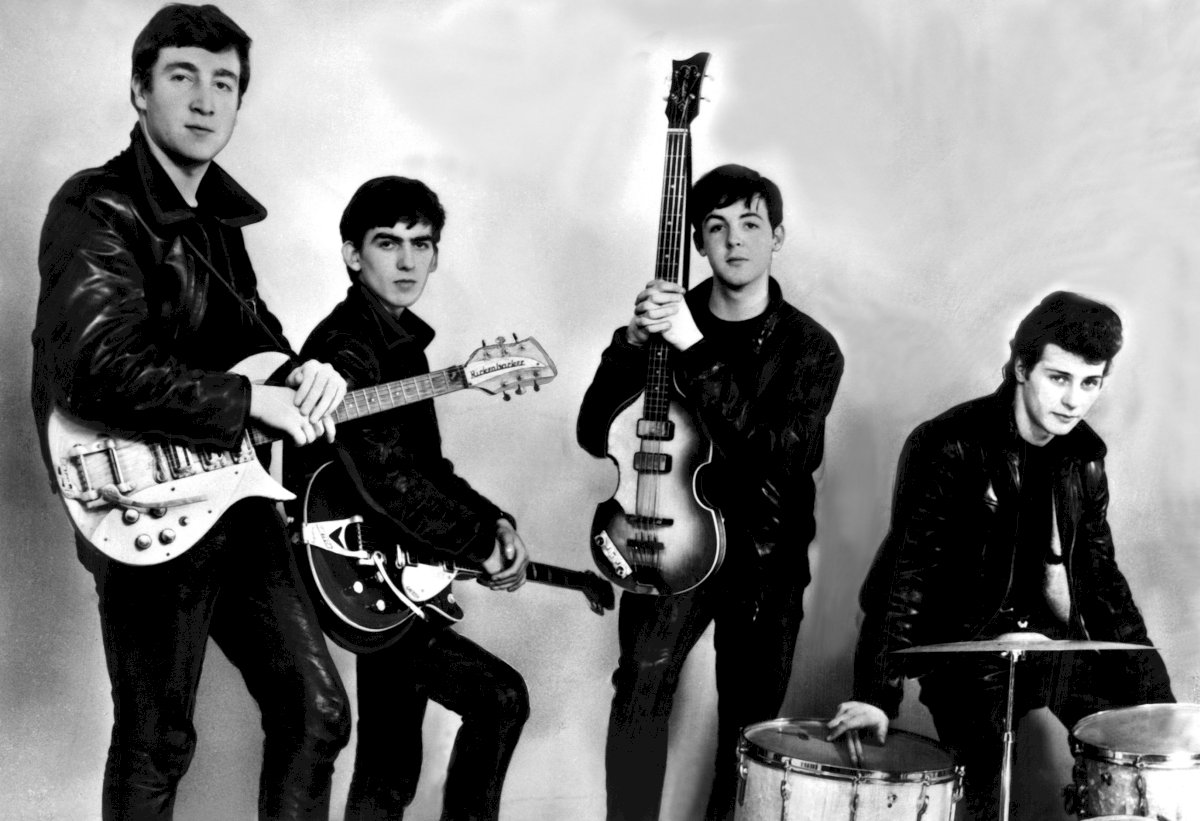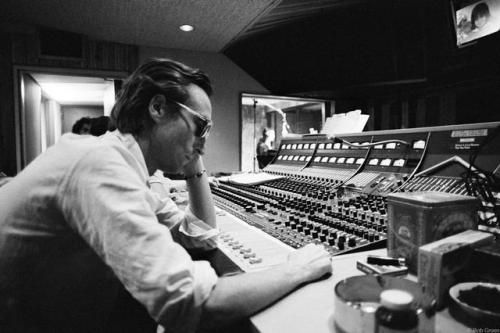In the iconic year of 1967, the Beatles, already global sensations, embarked on a musical journey that would forever alter the landscape of popular music. The album they unleashed, "Sgt. Pepper's Lonely Hearts Club Band," marked a groundbreaking departure from conventional pop and rock, showcasing the band's artistic evolution.

By 1967, the Beatles had transformed from mop-topped pop idols into musical pioneers pushing the boundaries of creativity. Eager to break free from the constraints of touring and the expectations associated with their earlier work, the band immersed themselves in the studio, experimenting with innovative recording techniques and drawing inspiration from various genres.
"Sgt. Pepper's Lonely Hearts Club Band" was the culmination of these experiments, an avant-garde masterpiece that seamlessly blended rock, psychedelia, and orchestral elements. The album, released on May 26, 1967, received widespread critical acclaim and became a cultural touchstone, earning the Beatles four Grammy Awards and solidifying their status as artistic trailblazers.

On May 19, 1967, a week before the official release of "Sgt. Pepper's," the Beatles hosted a press launch at Brian Epstein's house in London. This event was not just a preview of the upcoming album; it was a theatrical presentation, a momentous unveiling of a work that would redefine the boundaries of popular music.
At the press launch, each member of the Beatles played a role in introducing the world to the concept of "Sgt. Pepper's." John Lennon, always the irreverent and innovative soul of the group, was a central figure in shaping the album's identity. Clad in a colorful military-style jacket, Lennon embodied the spirit of the fictional Sgt. Pepper, the character around whom the album revolved.

Lennon's presence at the press launch set the tone for the avant-garde atmosphere that surrounded the album. The Beatles, under the guidance of producer George Martin, had embarked on a sonic journey that embraced unconventional instrumentation, studio effects, and a conceptual approach to songwriting. This press launch was a manifestation of the band's desire to present "Sgt. Pepper's" as more than just a collection of songs; it was a complete artistic experience.
During the press event, John Lennon spoke about the album with a blend of humor, confidence, and a touch of mystique. He referred to "Sgt. Pepper's" as a departure from their earlier work, emphasizing the band's commitment to pushing boundaries and exploring new sonic landscapes. Lennon's witty and cryptic remarks added an extra layer of intrigue, inviting the press and the public to engage with the album on a deeper level.

The press launch for "Sgt. Pepper's" showcased not only a musical evolution but a transformative period for the Beatles as artists. The band members, led by Lennon's bold and imaginative spirit, embraced the opportunity to challenge preconceived notions about what a popular music album could be. The unveiling of "Sgt. Pepper's" wasn't just a presentation; it was an artistic statement, a declaration of the Beatles' commitment to pushing the envelope and redefining their creative identity.
The impact of "Sgt. Pepper's" and the press launch reverberated far beyond the confines of the music industry. The album's groundbreaking sound and innovative approach to production influenced countless musicians and set a standard for artistic experimentation in popular music. The iconic album cover, featuring a collage of cultural figures including the Beatles in colorful military attire, became an emblem of the 1960s counterculture.

"Sgt. Pepper's Lonely Hearts Club Band" remains a landmark achievement in the Beatles' catalog, often cited as one of the greatest albums of all time. The press launch, with John Lennon at the forefront, encapsulated the spirit of the era and the band's commitment to evolving as artists. The album's legacy endures, not just for its musical brilliance but for the cultural impact it had on a generation.
The press launch for "Sgt. Pepper's Lonely Hearts Club Band" marked a pivotal moment in the Beatles' journey, and John Lennon played a central role in shaping the narrative surrounding the album. As the band unveiled their groundbreaking work, they weren't just presenting a collection of songs; they were ushering in a new era of artistic exploration in popular music. John Lennon's presence, with his wit, charisma, and willingness to embrace the unconventional, contributed to the mystique and lasting legacy of "Sgt. Pepper's" as an emblem of artistic innovation in the world of music.



